Performance Analysis
We'll start off with cooling and noise and as you can see from the graphs, despite the significant overclock applied in the factory, the Asus ROG Poseidon still remained a couple of degrees lower under load than the reference card - a credit to the air-cooled part of the cooler. However, it's when you add some water-cooling to the equation that you really get to see some benefits. With a 200mm radiator sporting a 180mm SilverStone Air Penetrator fan attached to the loop along with a Laing DDC pump, the delta T dropped from 57°C to just 28°C - the coolest result on test by a long way.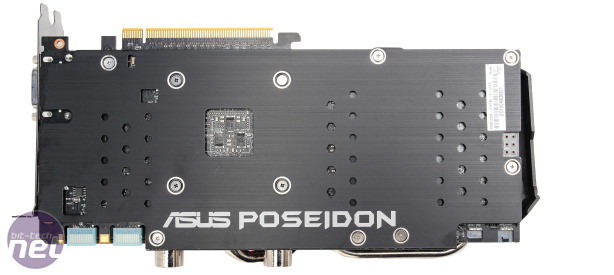
That's a difference of 29°C and we doubt you'd see a massive difference between the Poseidon's waterblock and a dedicated model either, which is good news for Asus. Thankfully, the twin 90mm fans did indeed wind themselves down to the point they were inaudible outside of the case, even under load so our initial thoughts about maybe disconnecting the fans entirely when using the waterblock isn't really worth it.
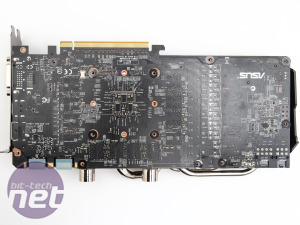
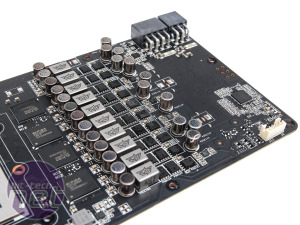
As far as our core benchmarks go, the Poseidon was pretty much where you'd expect it to be - usually between 10 and 15 per cent faster than a stock speed GTX 780 3GB. It was 11 per cent faster in Battlefield 4 at 5,760 x 1,080 and 10 per cent quicker at the same resolution in BioShock Infinite and there were some pleasing gains at both our test resolutions in The Elder Scrolls V: Skyrim too.
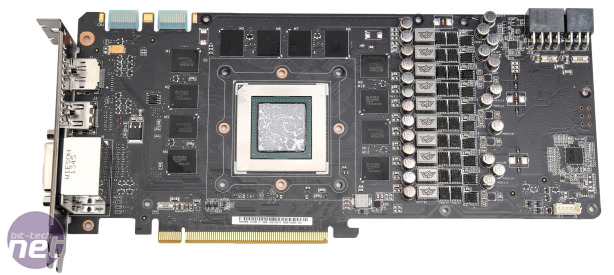
However, Crysis 3 and many of the lower resolution tests didn't see huge benefits from the overclock, although they were still noticeable with between 5 and 10 per cent gains, more often than not allowing the Poseidon to leapfrog the likes of Nvidia's own GTX Titan and usually match or better the AMD R9 290X too - something a reference GTX 780 3GB would have little hope of doing in most of our tests.
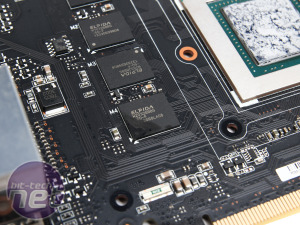
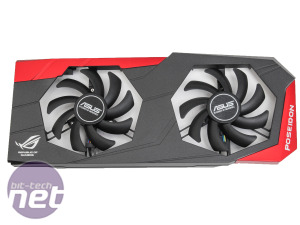
Power consumption was, unsurprisingly up over a reference card, but only by 19W under load. Given the significant clock speed bump, you might expect more here so maybe all that fancy power gadgetry is actually having some impact.

MSI MPG Velox 100R Chassis Review
October 14 2021 | 15:04









Want to comment? Please log in.